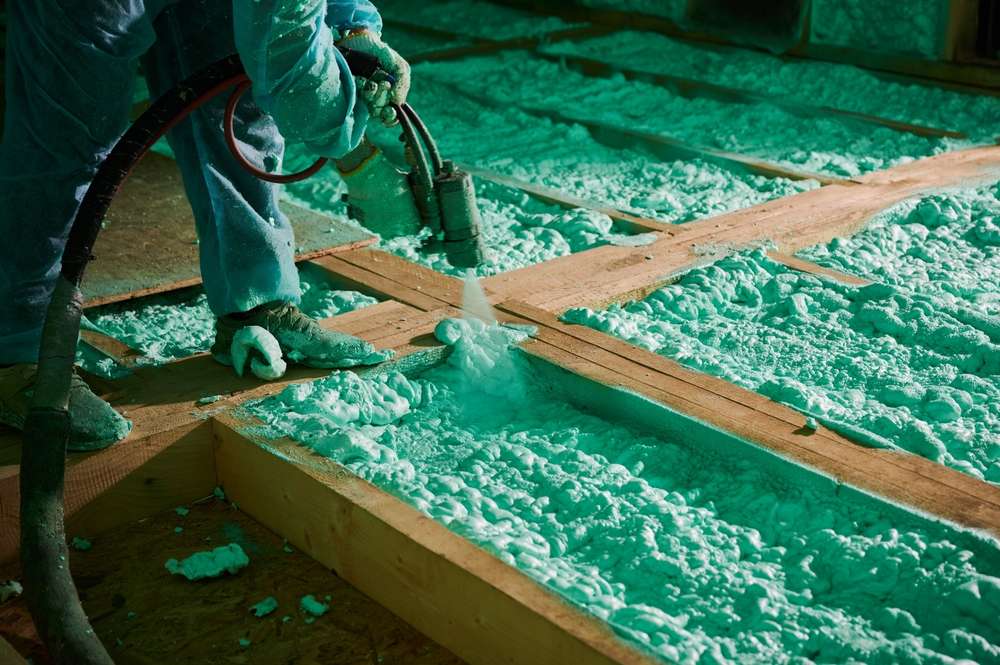Understanding the Impact of Infrastructure Developments on Real Estate Value
Introduction: Few factors can influence real estate values like infrastructure developments. Whether it's a new highway, public transit, or community amenities, these projects can lead to significant shifts in property values. This article will explore the intricate relationship between infrastructure and real estate, providing valuable insights for buyers, sellers, and investors.

The History of Infrastructure and Real Estate Value
Historically, infrastructure developments have been closely tied to real estate values. The emergence of railways in the 19th century, for example, spurred growth in previously underdeveloped areas, transforming them into thriving economic hubs. Similarly, the advent of highway systems in the 20th century led to the rise of suburbia, as people could easily commute long distances. Such developments have consistently shown the power of infrastructure to shape real estate trends and values.
The Current Landscape: Infrastructure and Real Estate
Currently, we are witnessing a resurgence of interest in infrastructure developments. Governments worldwide are investing in infrastructure to stimulate economic growth, enhance quality of life, and meet the demands of growing populations. These projects are having a profound effect on the real estate market, creating new opportunities and challenges for buyers, sellers, and investors.
The Pros and Cons: Impact on Real Estate
Infrastructure developments can greatly enhance the attractiveness and value of a property. They can improve accessibility, reduce travel time, and provide vital community amenities. However, they can also present challenges. Construction can be disruptive, and new infrastructure can lead to increased competition for properties, driving up prices.
Predicting the Impact: Expert Analysis
Predicting the impact of infrastructure on real estate values is complex but possible with careful analysis. Factors to consider include the type of infrastructure, its location, and timing. For example, a new airport could boost commercial property values but might negatively impact residential properties due to noise and congestion.
Making Smart Decisions: Guiding Buyers, Sellers, and Investors
Whether you’re a buyer, seller, or investor, understanding the impact of infrastructure on real estate values is crucial. Consider potential developments when evaluating properties and make informed decisions based on both current and projected values.
In conclusion, infrastructure developments play a significant role in shaping real estate values. It’s a dynamic and complex relationship, but with proper understanding and analysis, it can present lucrative opportunities. As the world continues to evolve and grow, the intersection of infrastructure and real estate will only become more critical.




